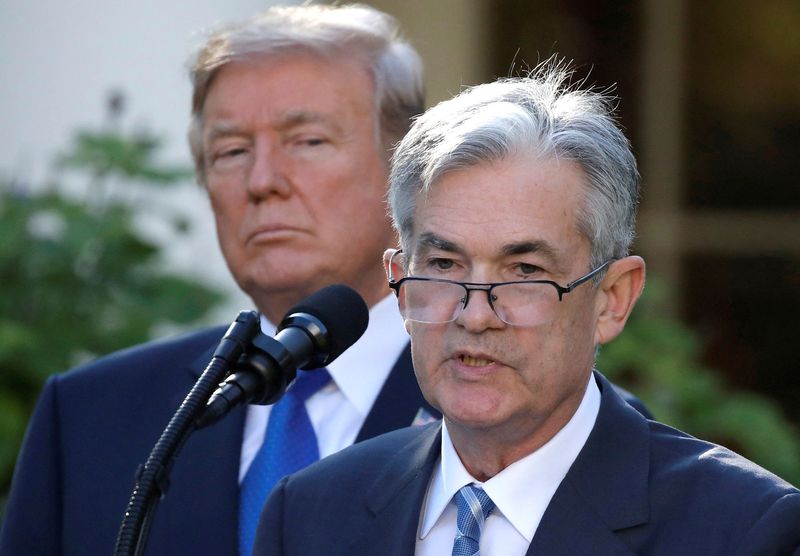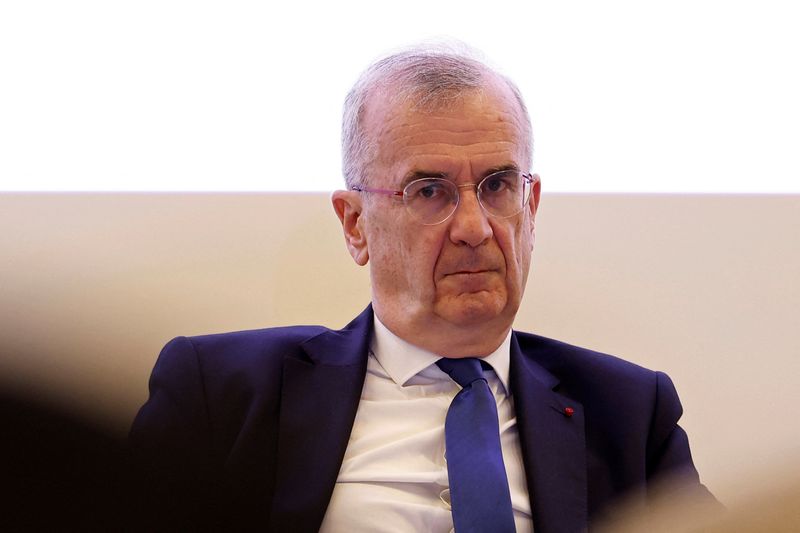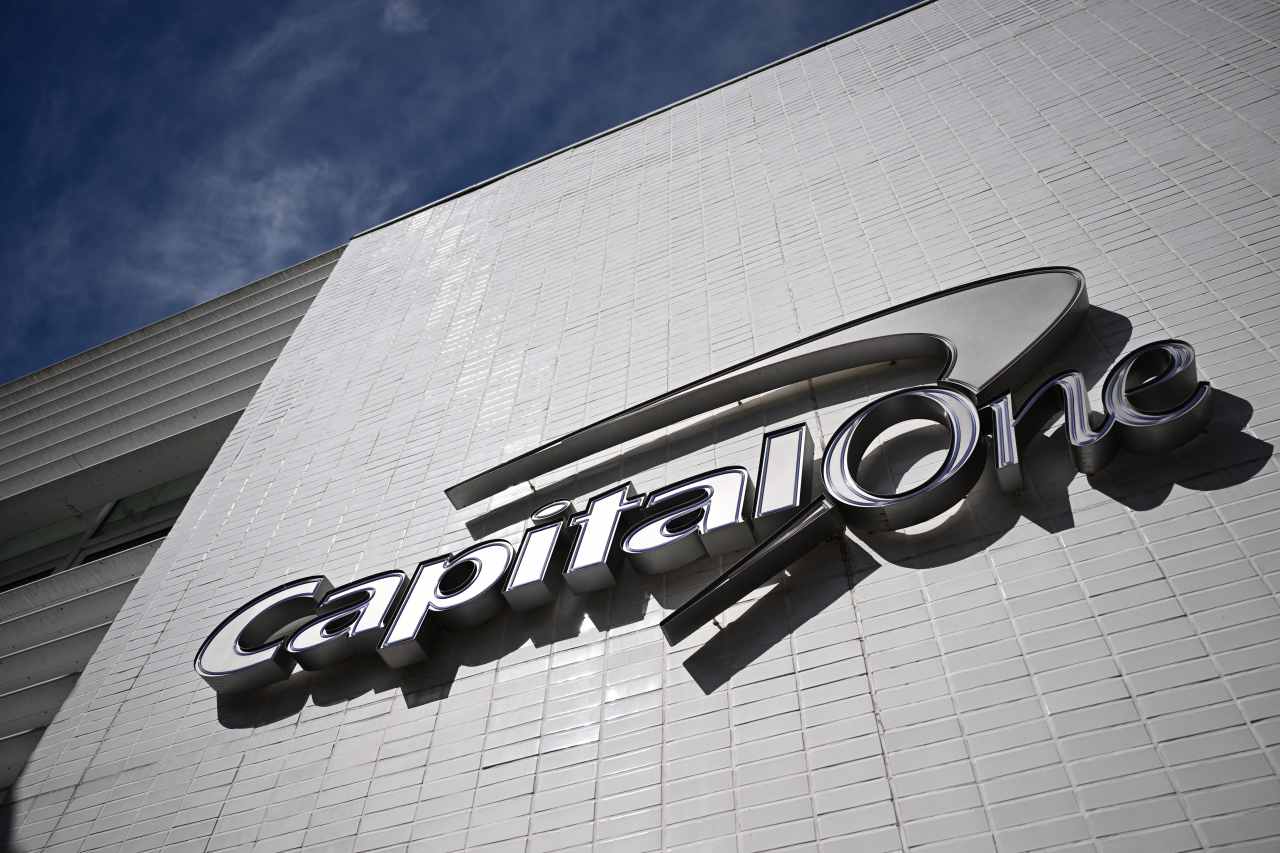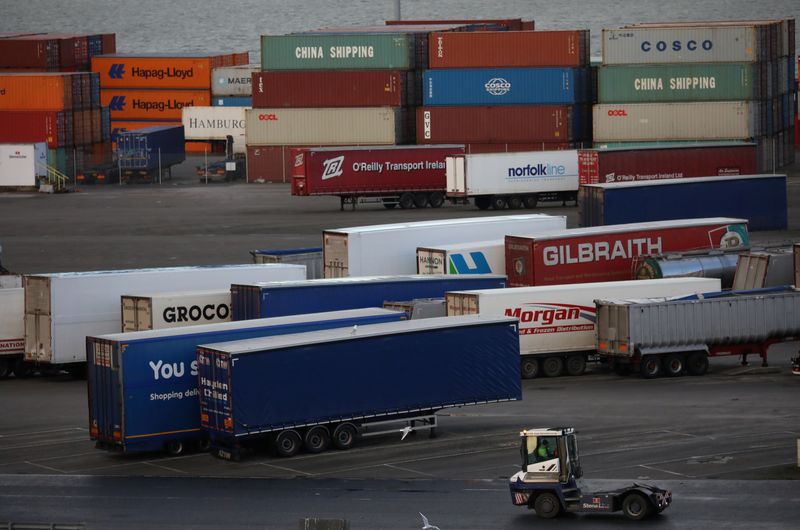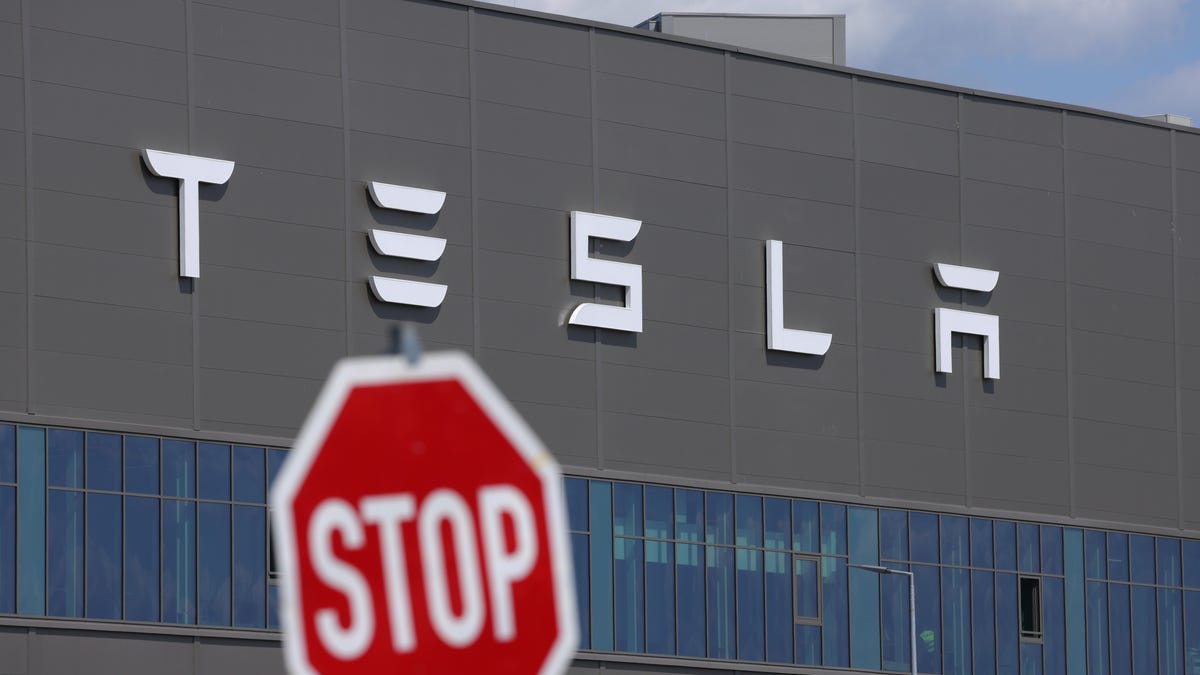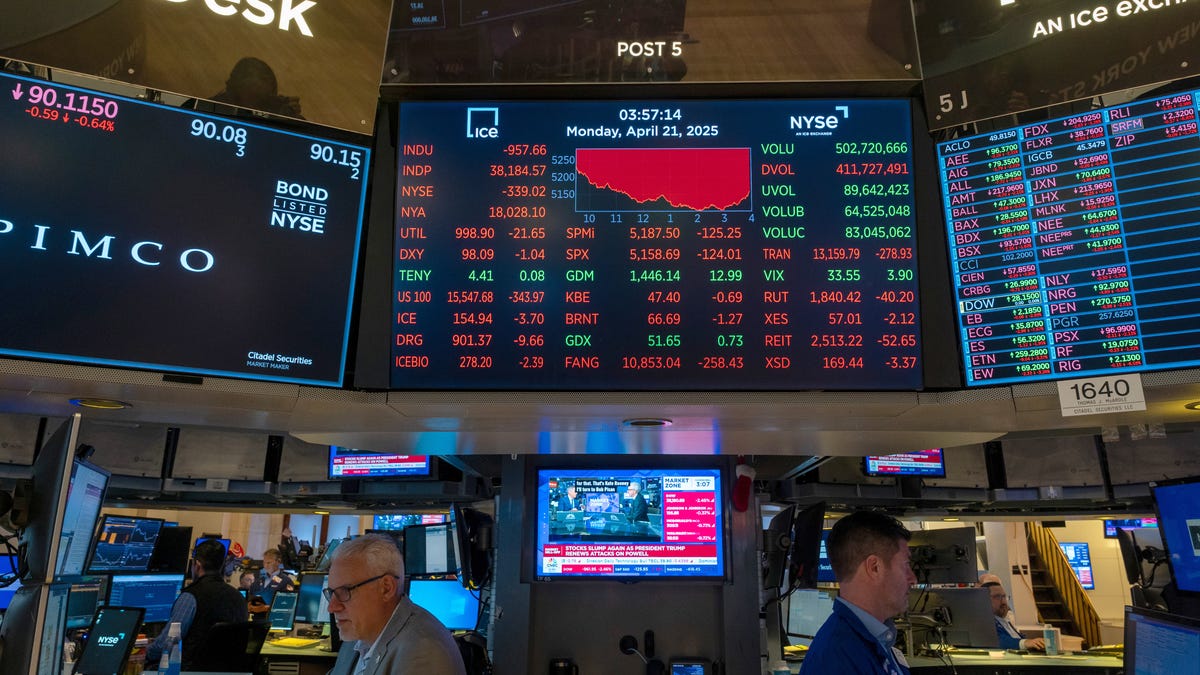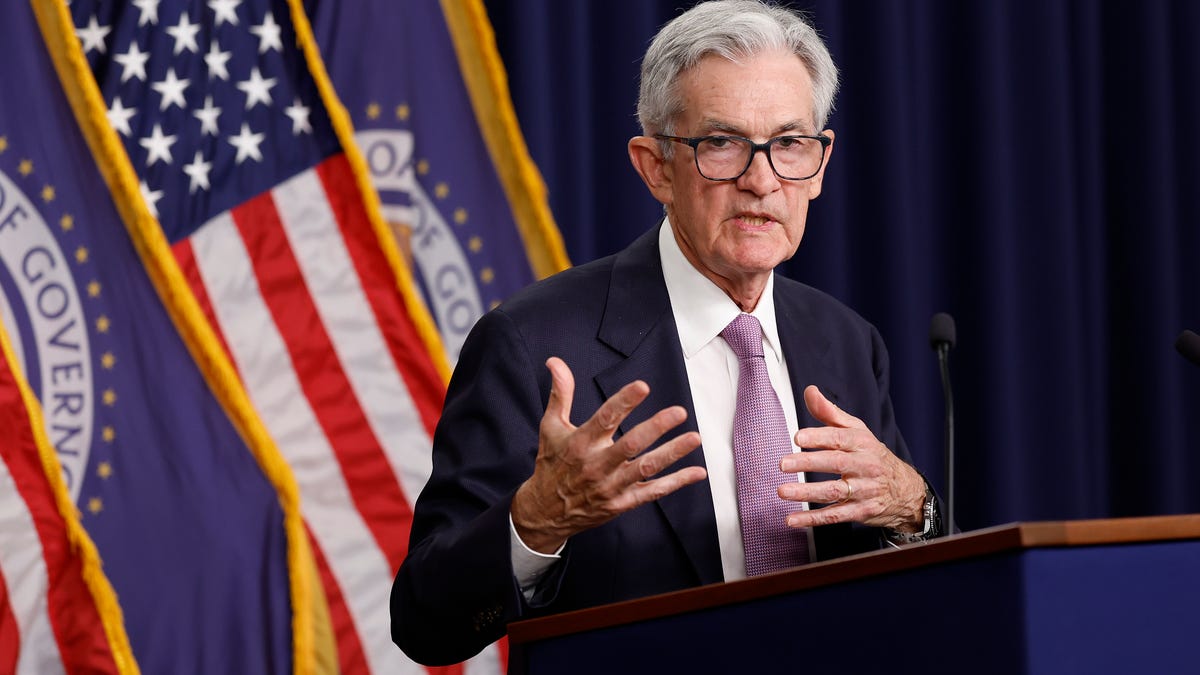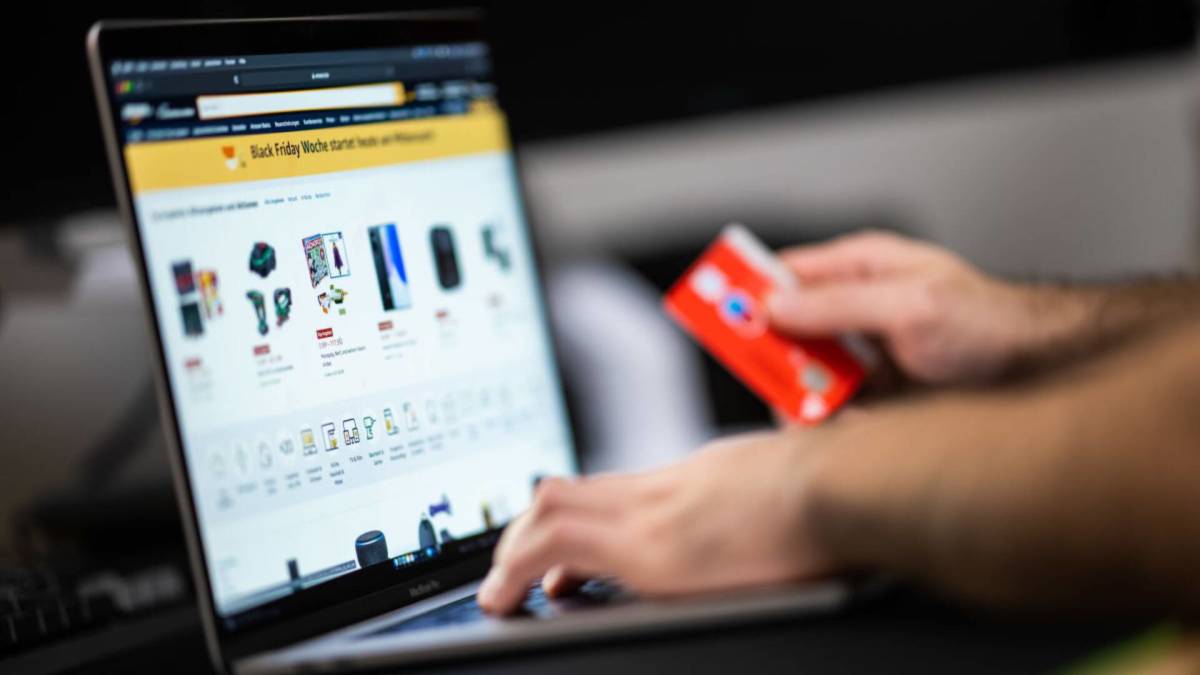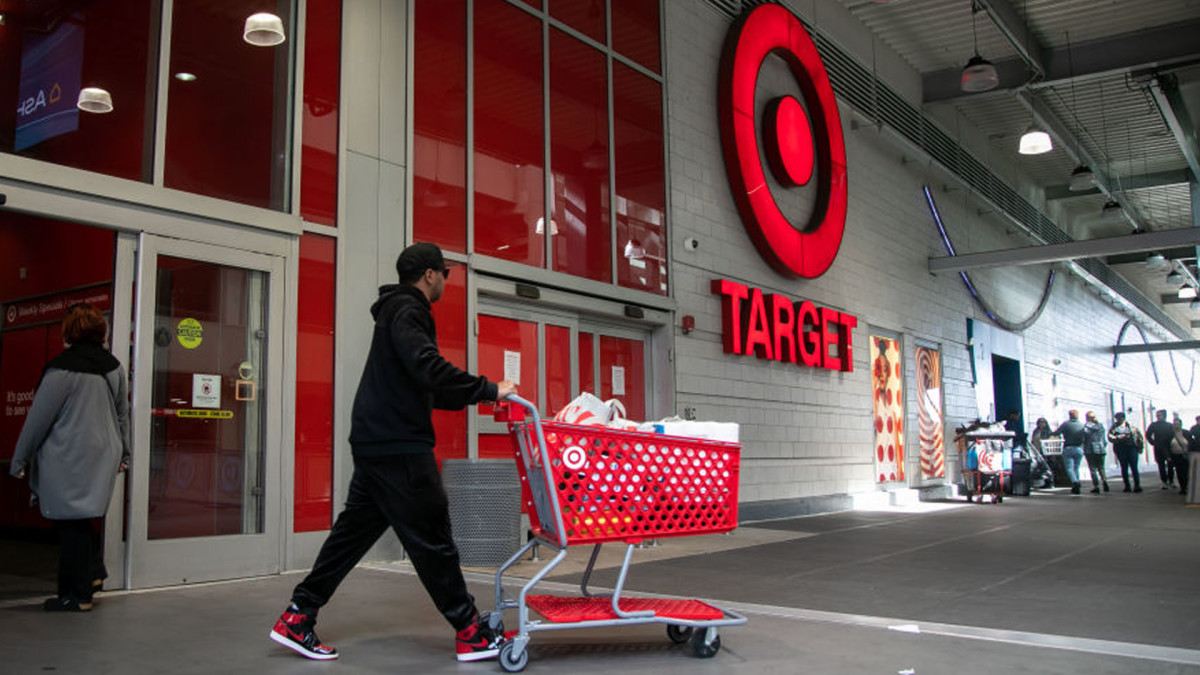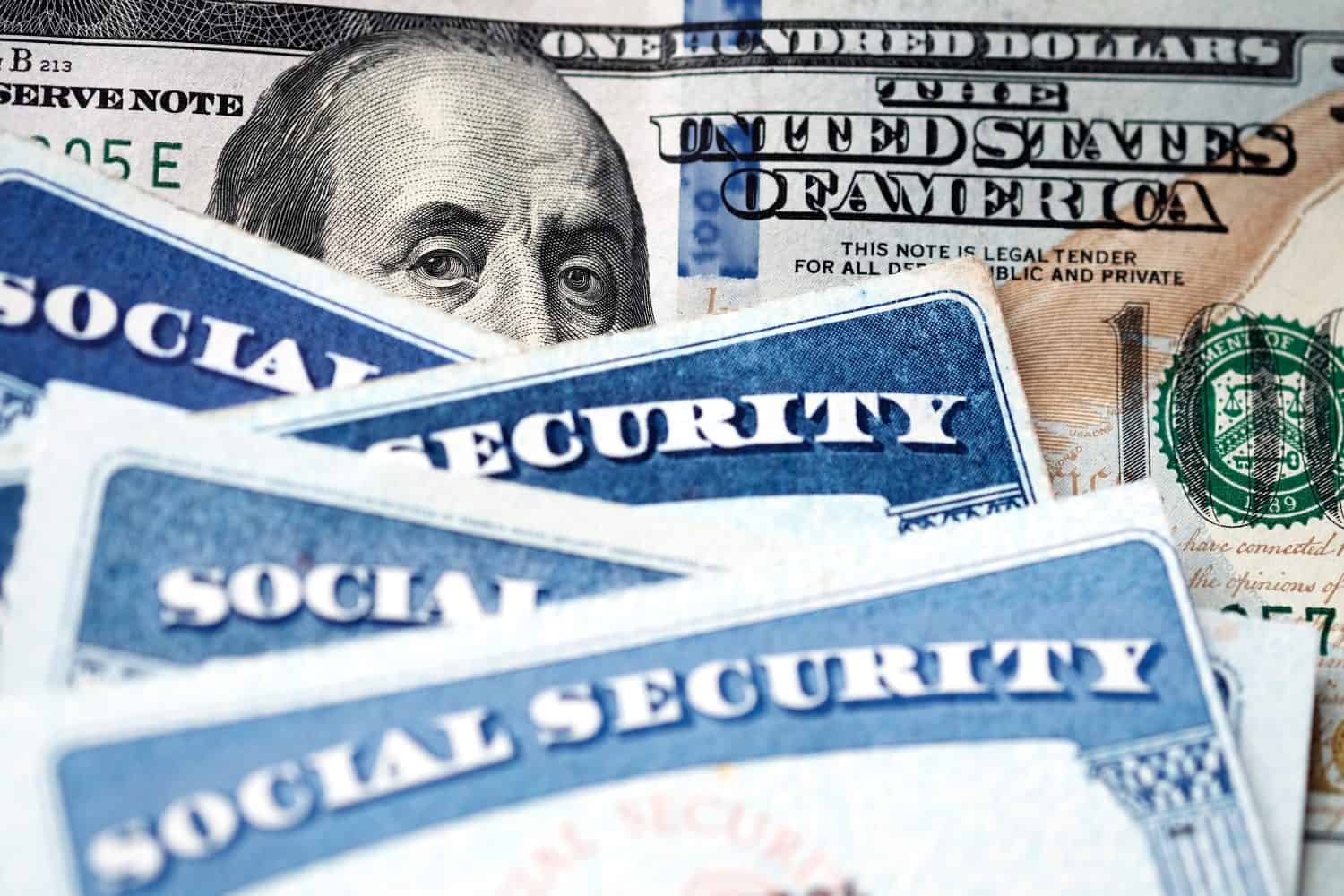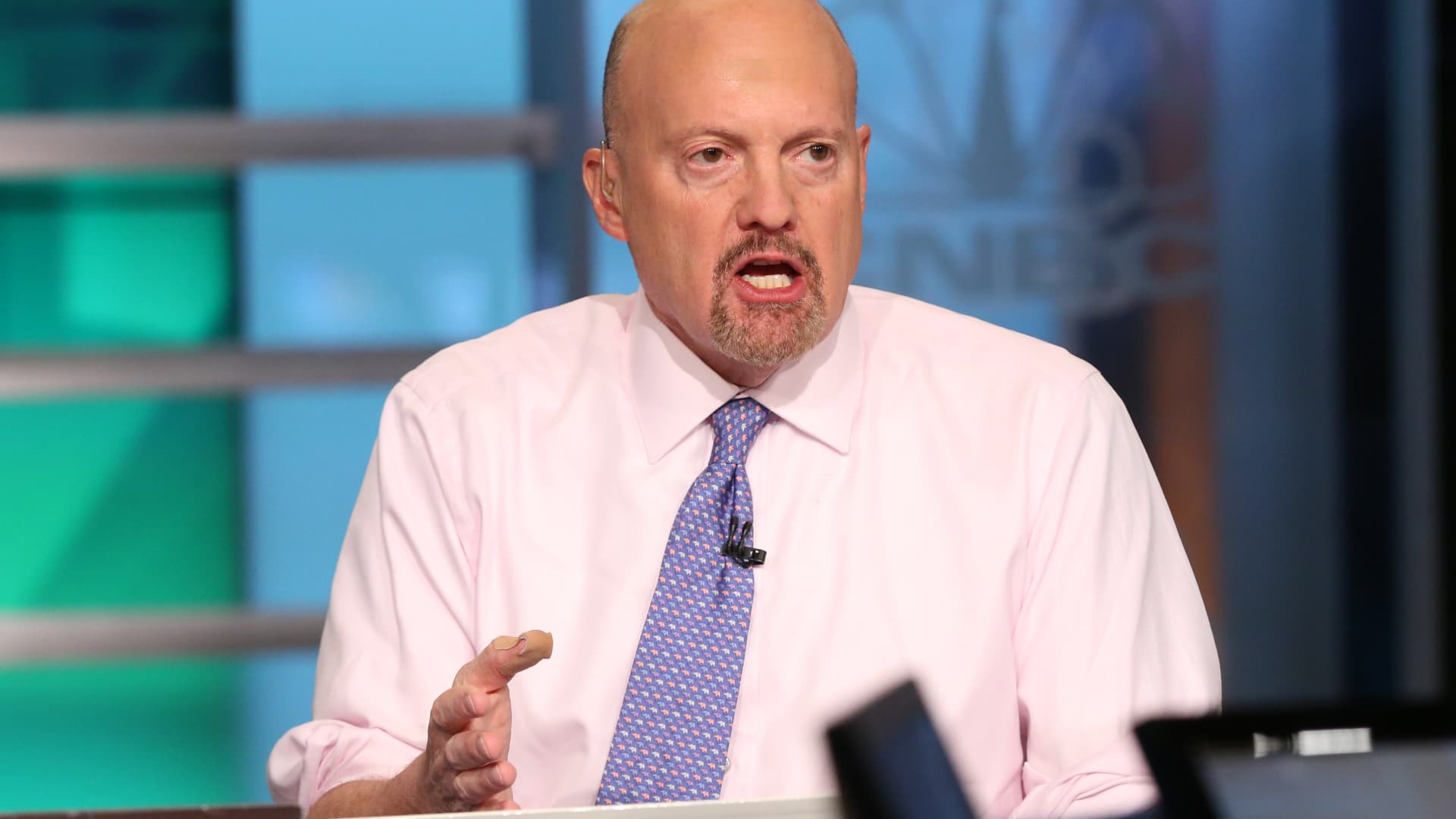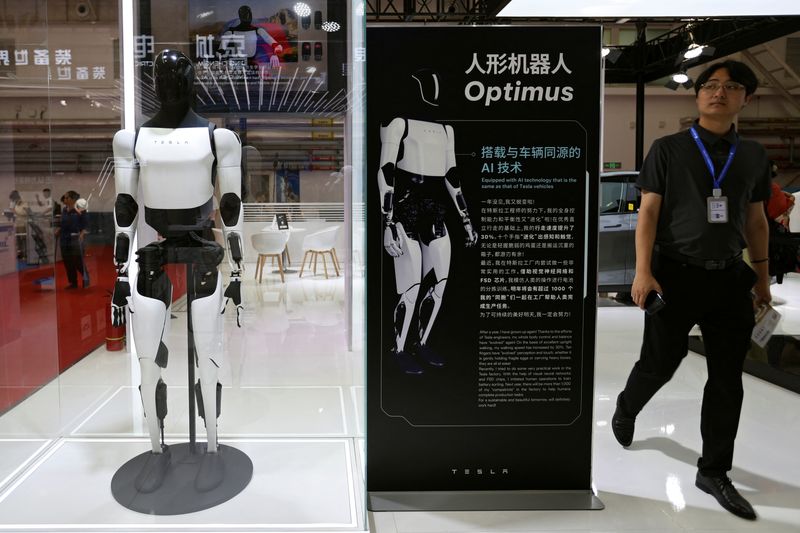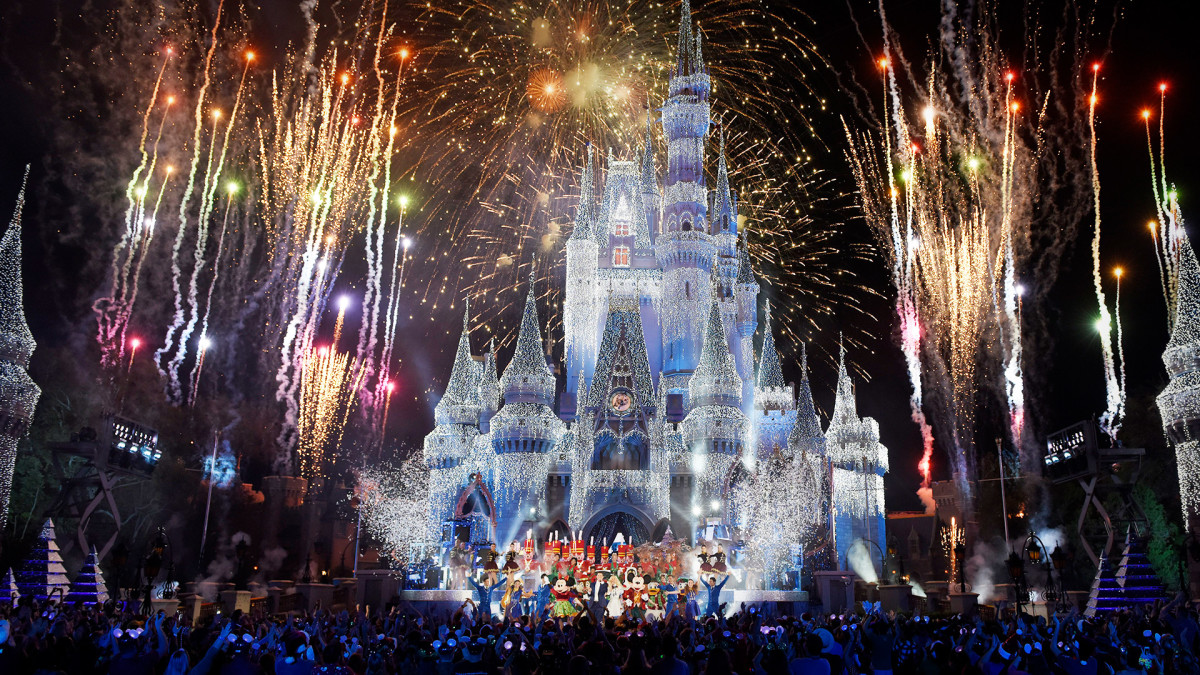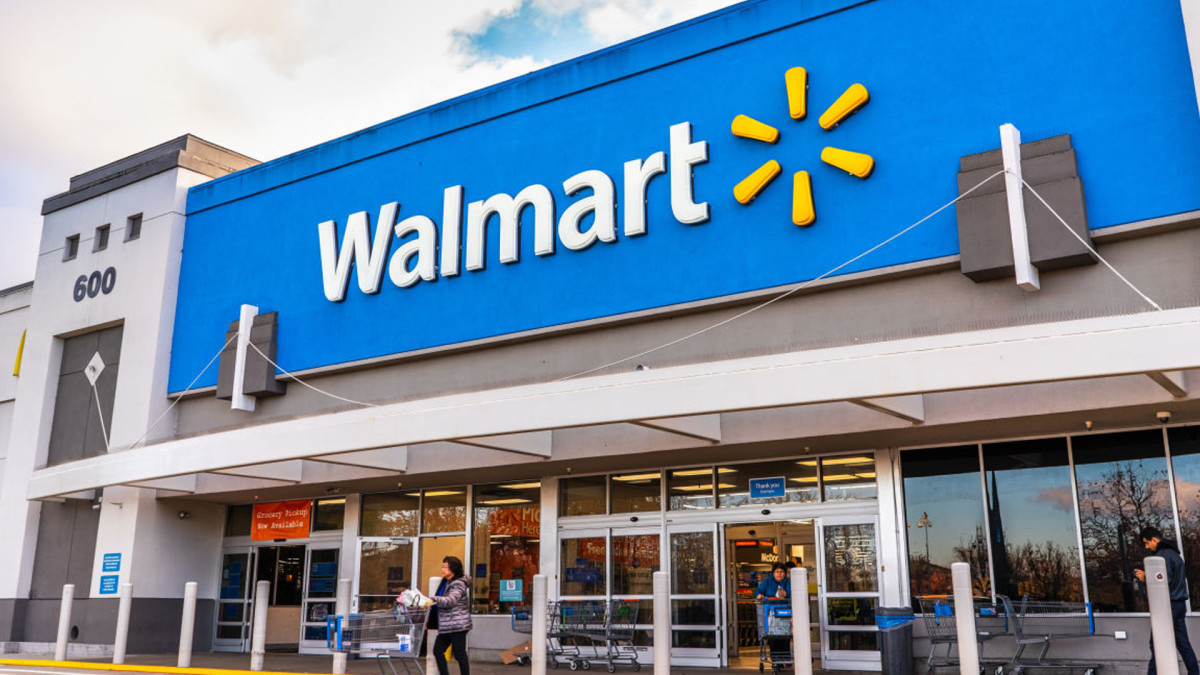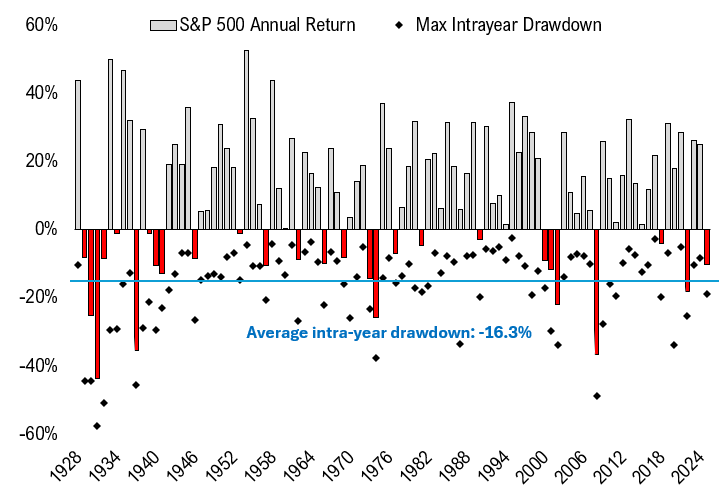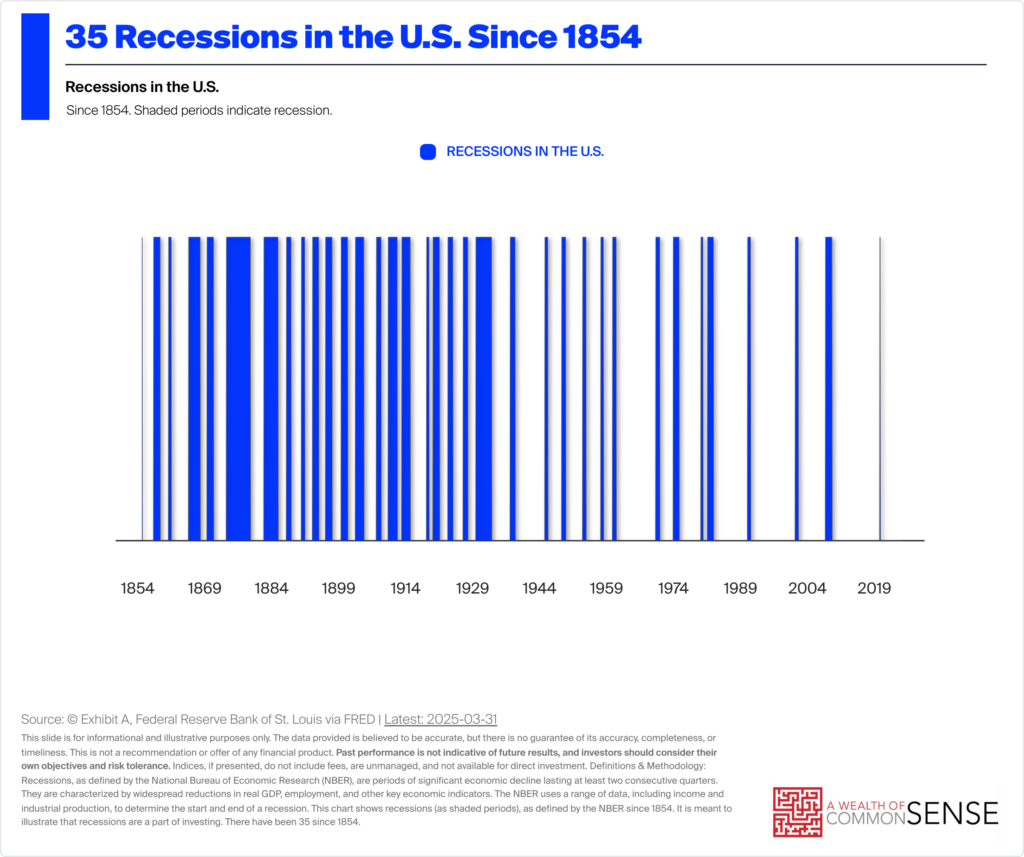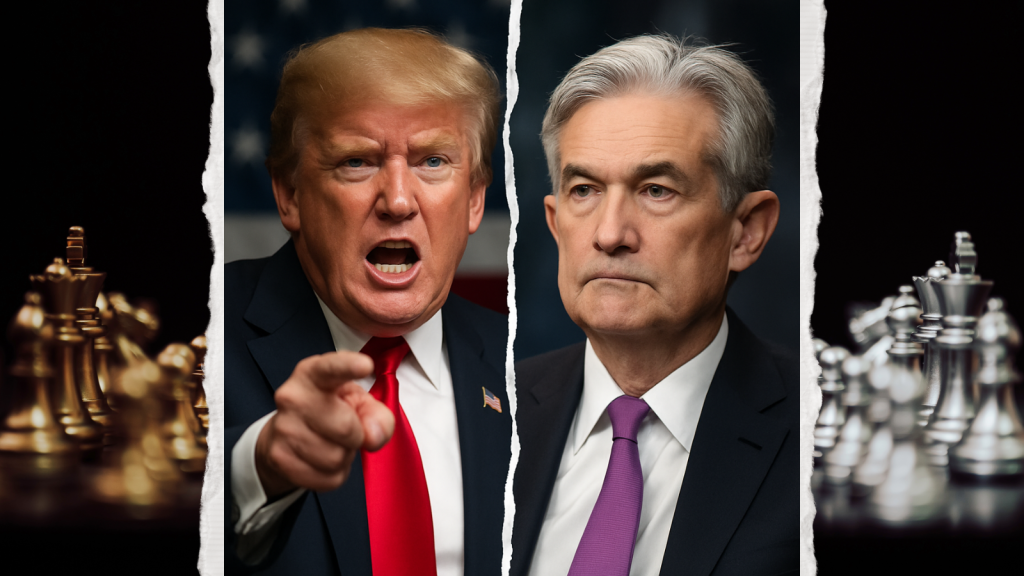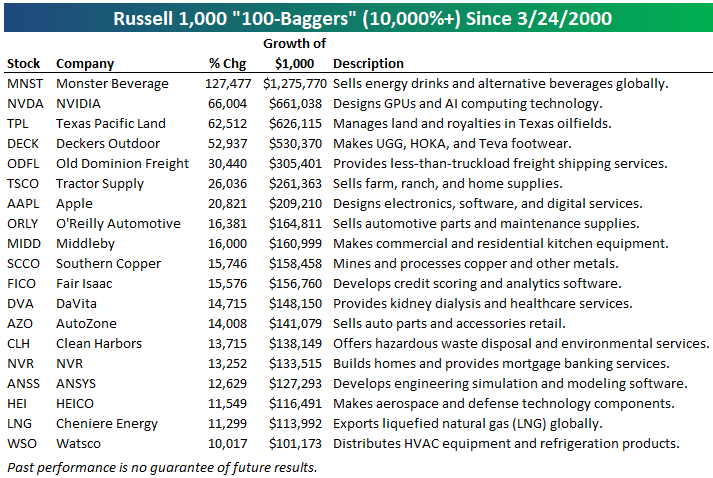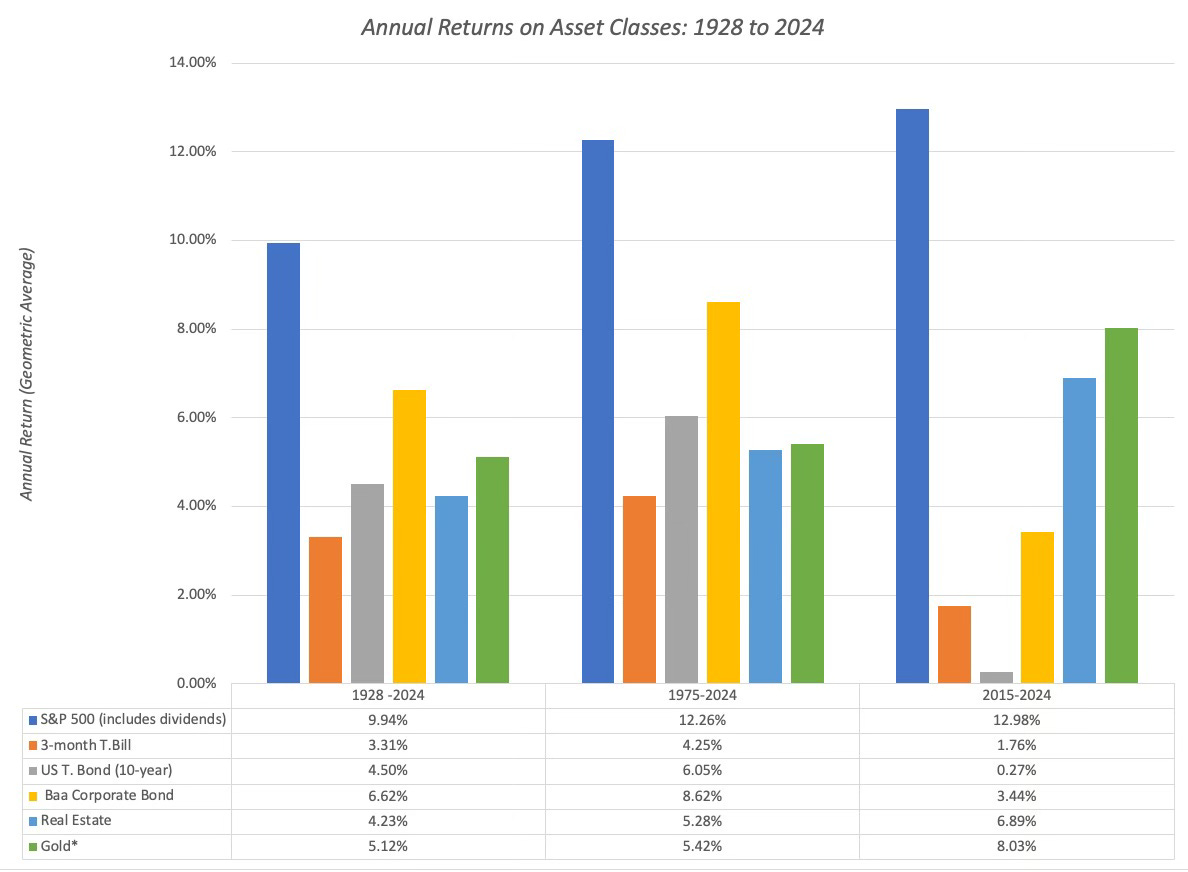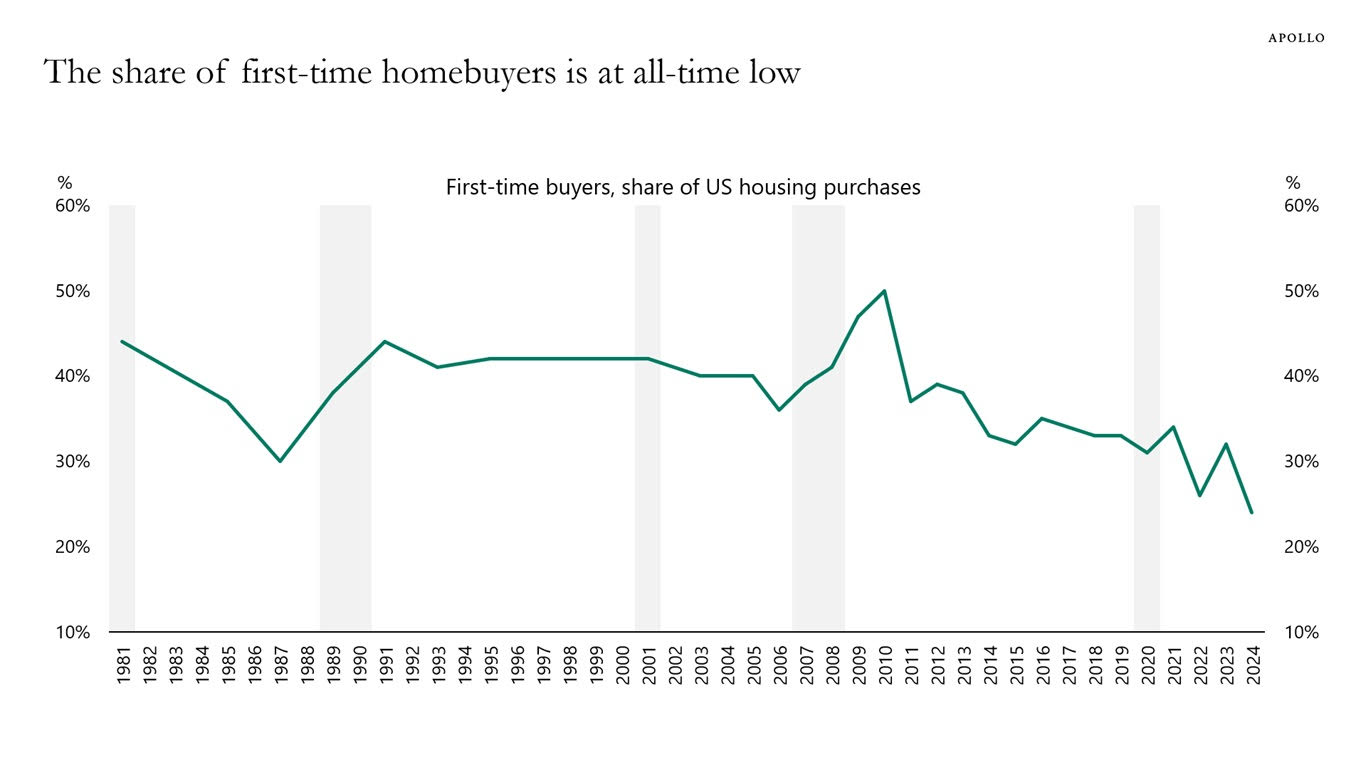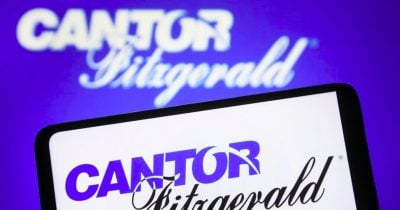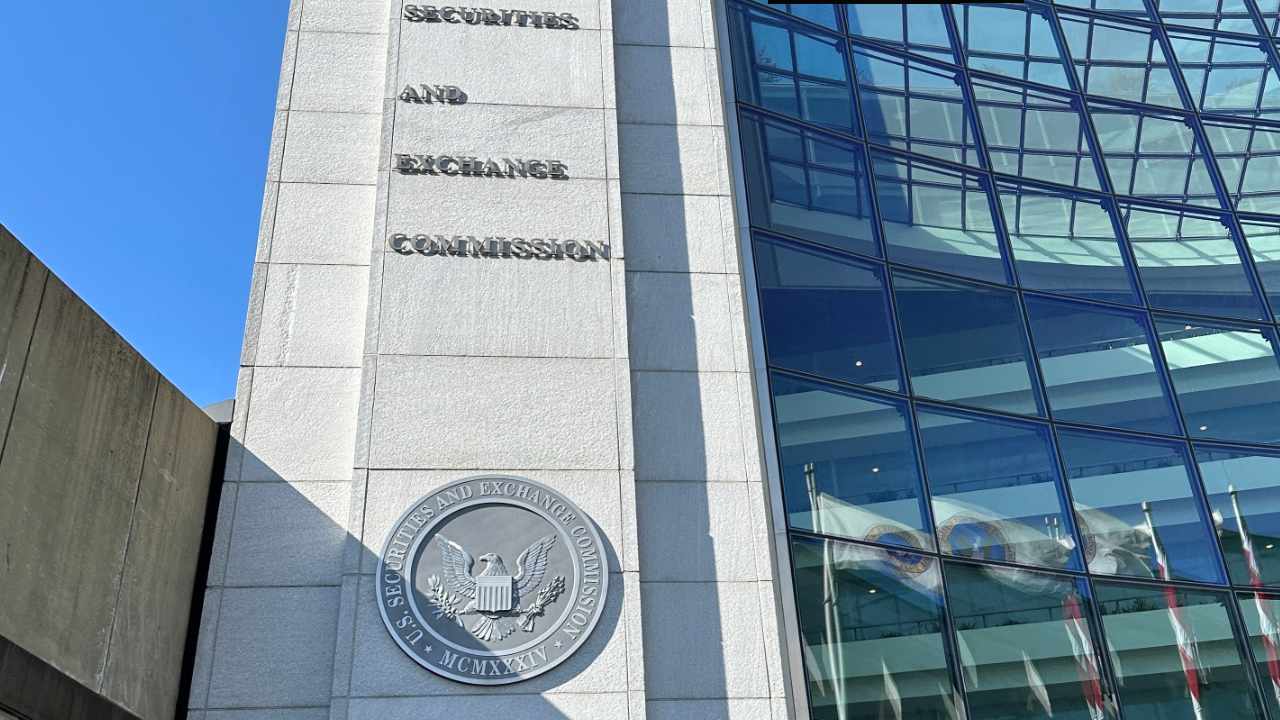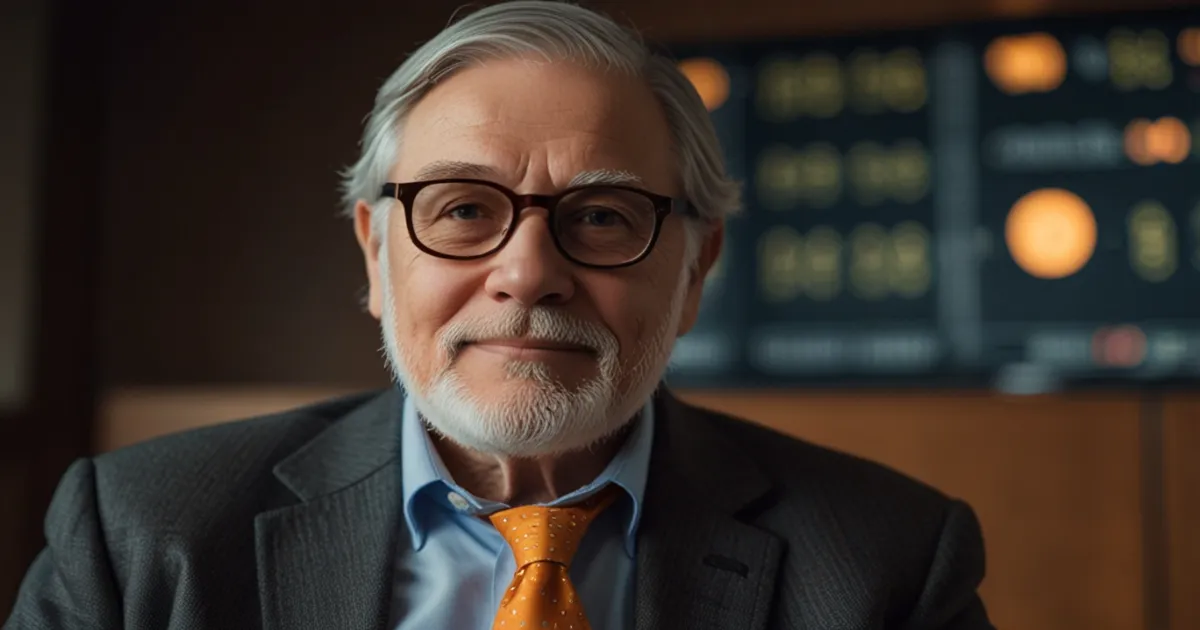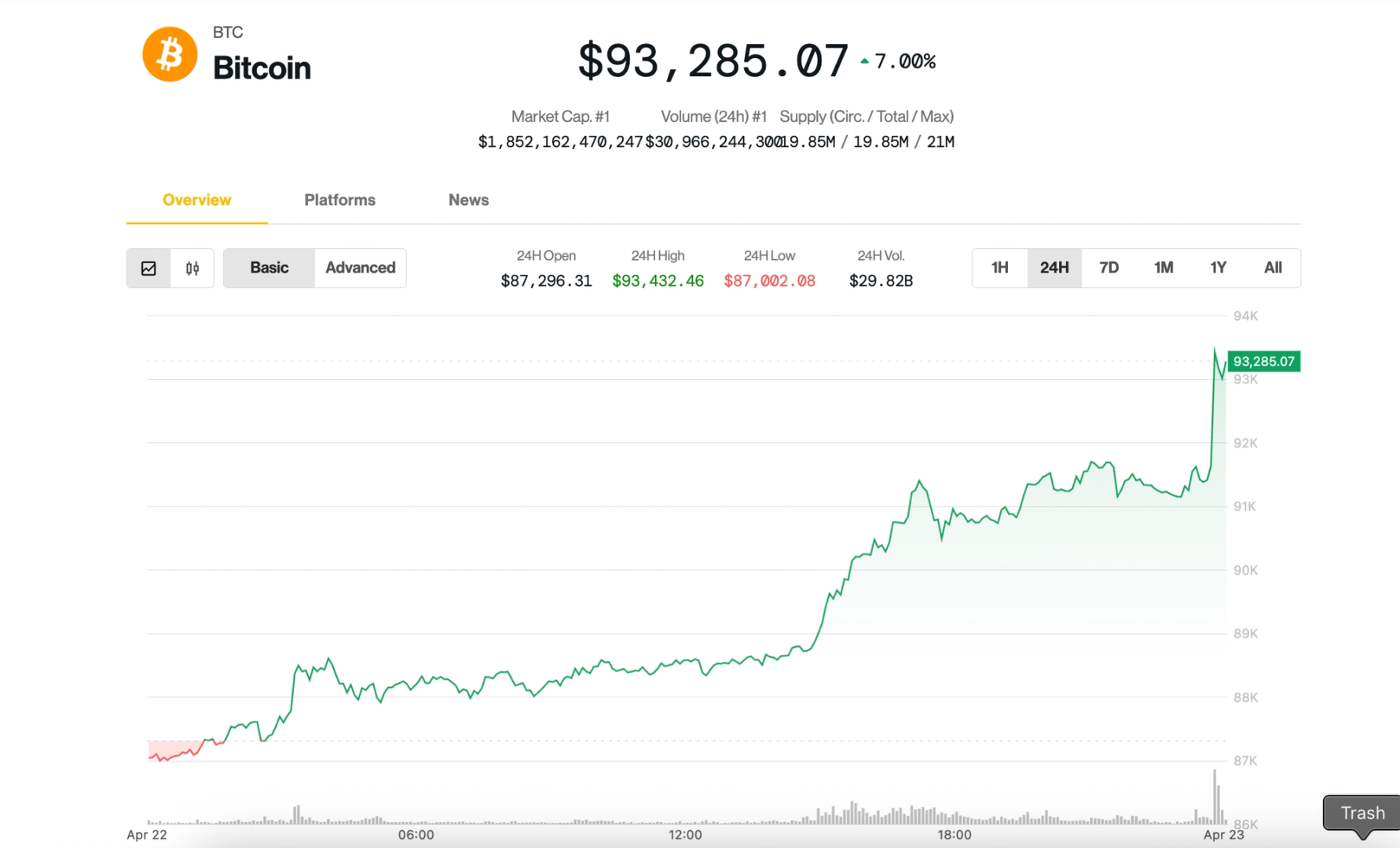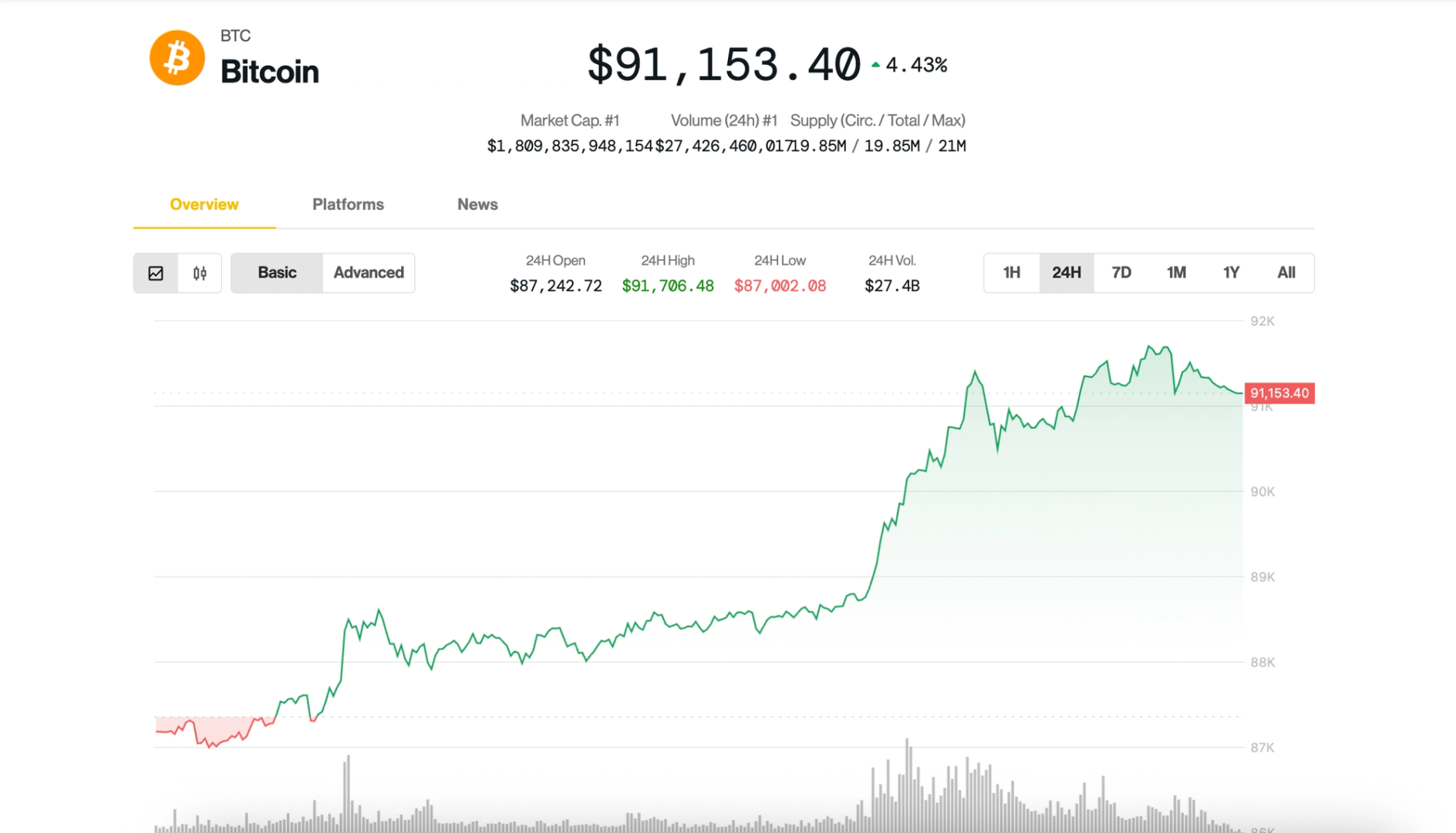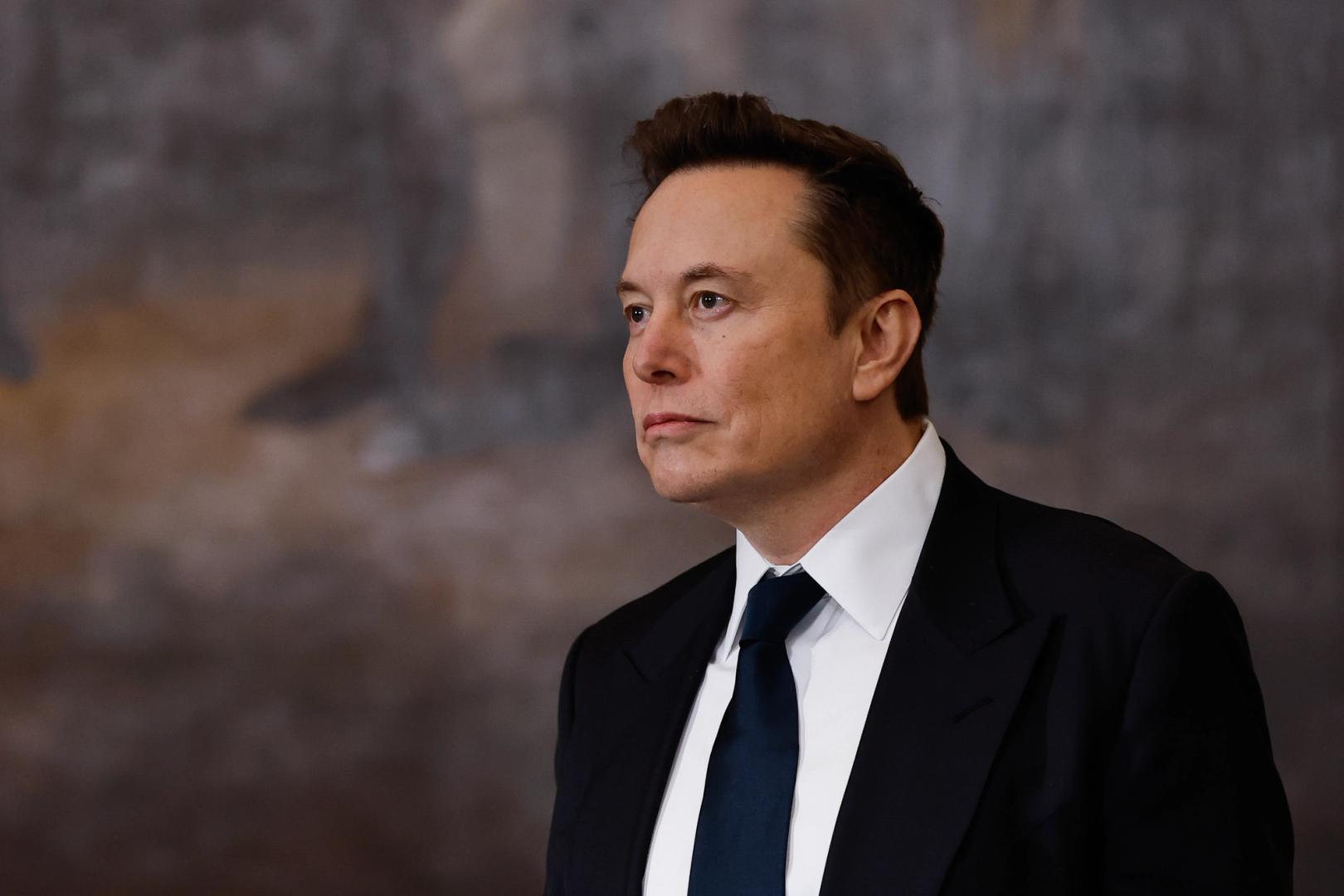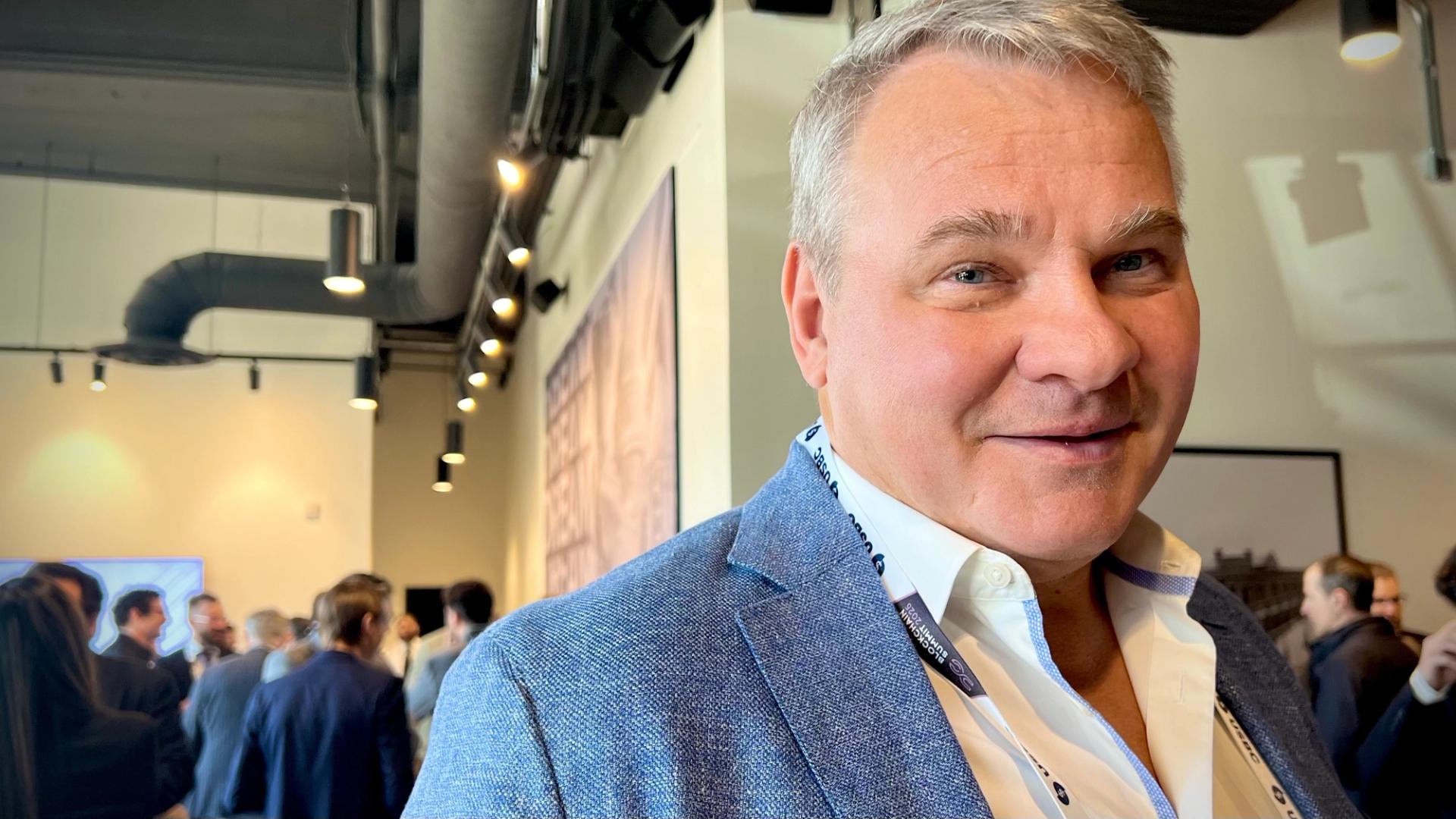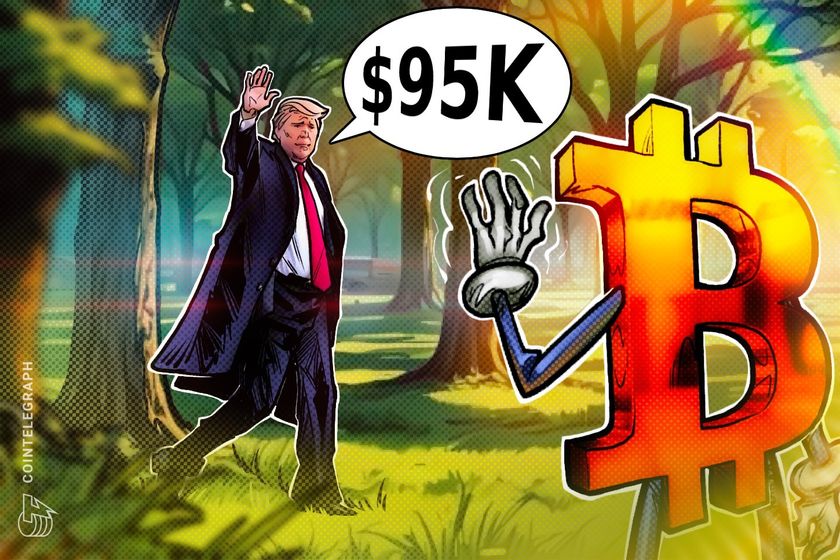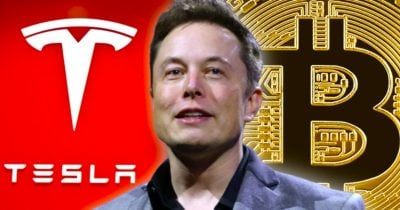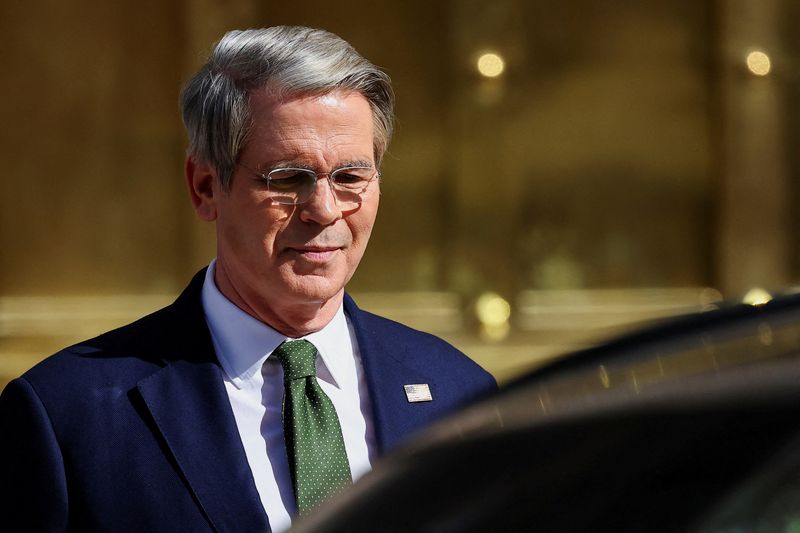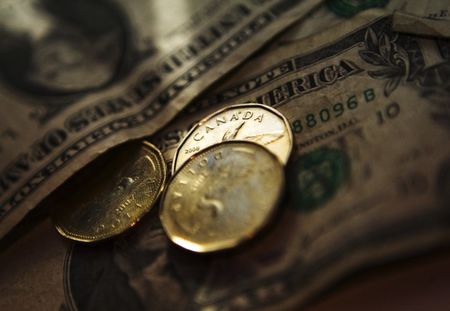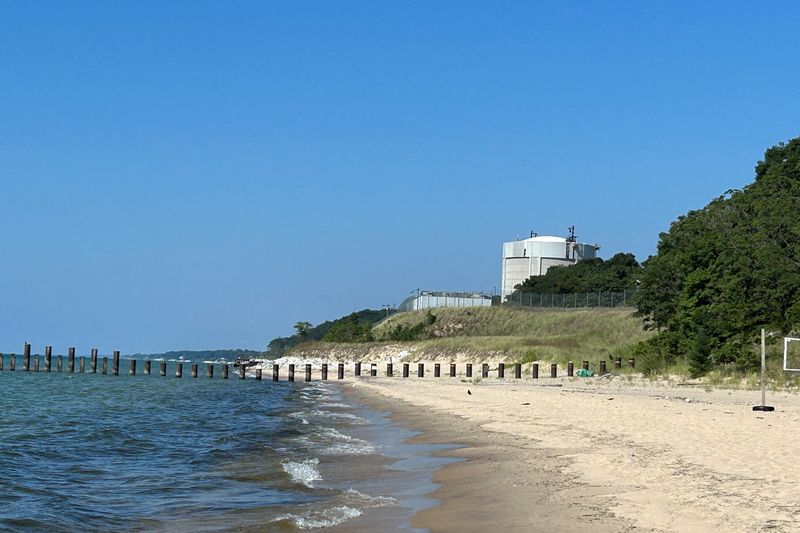Swiss drugmaker Roche leans into Trump tariff formula with $50 billion promise to invest in U.S.
Roche promised that its investments in the U.S. means it will export more medicines than it imports in the U.S.

Swiss pharmaceutical giant Roche has promised to export more medicine from the U.S. than it imports once a fresh $50 billion investment pledge across the States is rolled out, joining other European drugmakers in attempting to pre-empt more potential tariffs from the Trump administration.
Roche announced on Tuesday a new investment pledge that the group says would include expanding its manufacturing and distribution centers in Indiana, Pennsylvania, Massachusetts, and California. It is also planning a 900,000 square foot manufacturing facility at an unconfirmed location in the U.S., where it will develop its next generation weight loss medications.
Roche promised that once its investments had come to fruition, the company would follow its diagnostics division in effectively operating a trade surplus out of the U.S.
“We are proud of our 110-year legacy in the United States which has been a key driver for jobs, innovation and the creation of intellectual property in the US, across both our Pharmaceutical and Diagnostics Divisions,” Thomas Schinecker, Roche Group CEO, said in a statement.
“Our investments of $50 billion over the next five years will lay the foundation for our next era of innovation and growth, benefiting patients in the US and around the world.”
The $50 billion investment is expected to create 12,000 new jobs in the U.S. More than 6,000 of those jobs, though, would be created in the construction sector as part of the development of Roche’s sites. Around 1,000 are expected to be created at Roche’s new and expanded facilities.
The rhetoric from Roche, particularly its amplification of its import-export dynamics, can easily be seen as a hat-tip to Trump and the U.S. President’s zero-sum game when it comes to global trade.
Trump unleashed wide-ranging import tariffs on individual countries at the beginning of April. The White House confirmed early speculation that the tariffs were calculated by dividing the U.S.’s trade deficit with a specific country by the total imports from that country and dividing by two.
Roche will hope the fact that it will soon export more than it imports to the U.S. will go some way to placating Trump’s desire to reshore strategically important industries to the U.S. The country’s pharmaceutical imports from the rest of the world have almost tripled to $213 billion between 2014 and 2024, according to UN trade data.
Several European drugmakers have been shocked into action by threats from Trump to slap wholesale tariffs on pharmaceutical imports, following the country’s import tariffs on the automotive sector.
Novartis pre-empted Roche by a couple of weeks when it pledged to invest $23 billion in the U.S. over the next five years. Like Roche, Novartis took the opportunity to highlight its presence in the U.S. and ambitions to manufacture more in the country.
While pharmaceuticals were excluded from Trump’s wide-ranging reciprocal tariffs against individual countries, he promised in April that major import tariffs on drugs would be coming “very shortly.”
Trump’s threats have left pharma giants scrambling to talk with policymakers on the continent, in the hope of gaining some concessions of their own.
Earlier in April, several European pharmaceutical heavyweights held crisis talks with European Commission president Ursula von der Leyen, led by the European Federation of Pharmaceutical Industries and Associations (EFPIA).
Drugmakers including Novartis, Novo Nordisk, Sanofi, and Bayer, attended the meeting where they warned that the addition of tariffs gave little incentive to invest further in Europe. Roche, which sits on the board of the EFPIA through Pharmaceuticals CEO Theresa Graham, was not represented at the meeting.
In order to reverse a flight of capital to the U.S., the pharma companies called for an overhaul of IP provisions and regulatory frameworks.
This story was originally featured on Fortune.com
